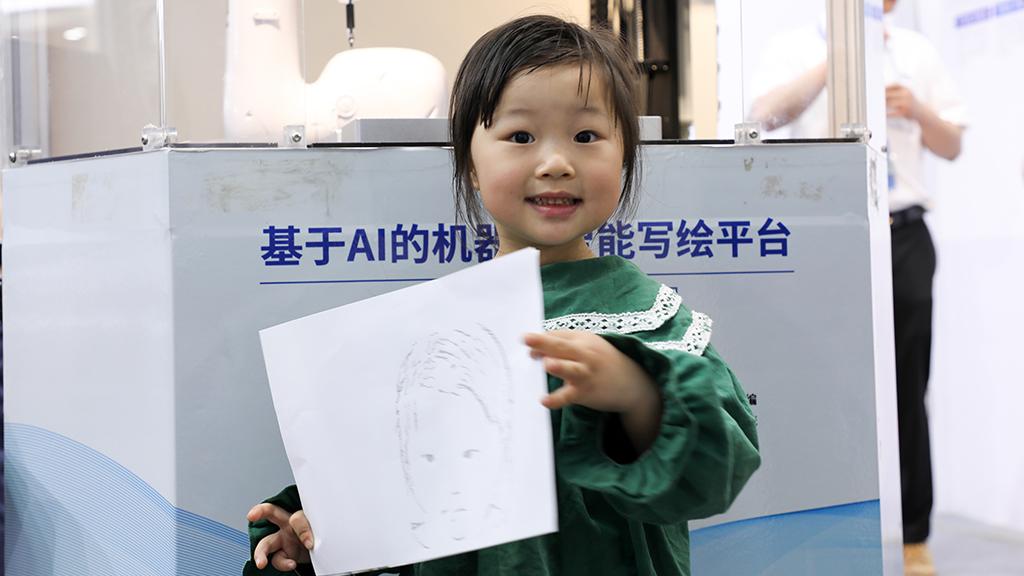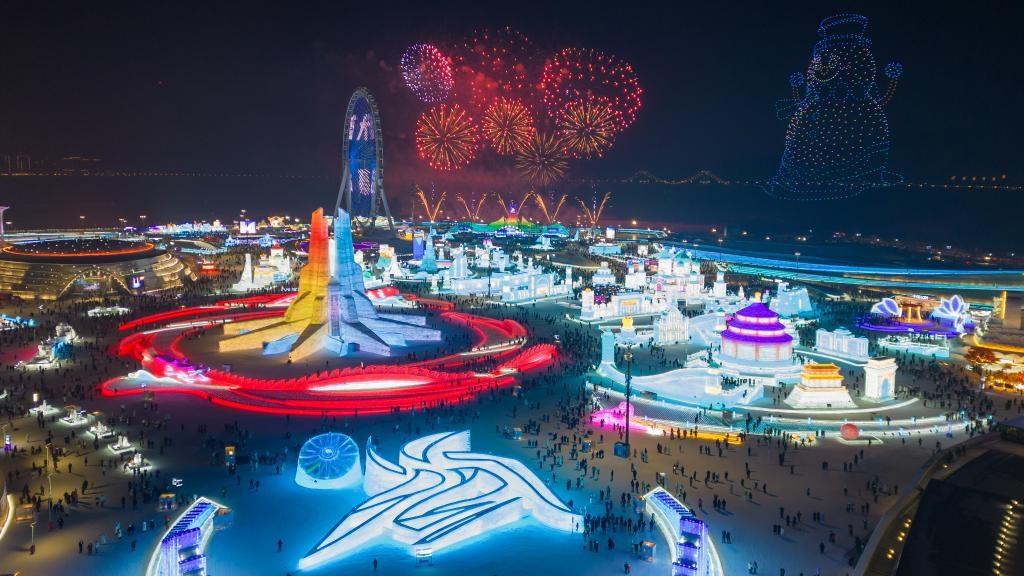Global South: The dawn of a new geopolitical era
The term "Global South" refers to the collective identity of nations in Asia, Africa, Latin America, and Oceania that share histories of colonization, exploitation, and underdevelopment. Rich in cultural diversity and natural resources, these countries have long been marginalized by global structures dominated by the West.
In recent decades, the Global South has emerged as a formidable economic and political bloc. With more than 70 percent of the world's population and over 40 percent of global GDP, the collective power of these nations is undeniable. The growing awareness among their populations about historical injustices and the role of the West in perpetuating poverty and instability has fueled movements advocating self-reliance, equitable resource distribution, and international parity.
This transformation is exemplified by the formation of organizations such as BRICS (Brazil, Russia, India, China, South Africa), ASEAN, and the Shanghai Cooperation Organization (SCO). These organizations signify a collective desire to challenge Western hegemony and foster collaboration within the Global South. South-South trade, which surged from $2.3 trillion in 2007 to $5.6 trillion in 2023, is a testament to this shift.
The Global South's significance lies in its vast resources, youthful populations, and potential for economic growth. As the traditional Western powers grapple with internal challenges, the Global South has stepped into the spotlight. These nations have become key players in addressing global issues such as climate change, energy security, and poverty alleviation.
For instance, despite being disproportionately affected by climate change, countries in the Global South are pioneering sustainable solutions. The Africa Solar Belt program and China-led green energy projects exemplify efforts to leverage renewable resources for energy independence and economic upliftment.
China's role in the Global South
As the world's largest developing nation, China embodies the aspirations of the Global South and actively fosters collaborative growth through strategic initiatives like the Belt and Road Initiative (BRI).
China's investments in critical infrastructure, such as the Karot Hydropower Project in Pakistan and Kenya's solar plants, have directly improved the quality of life for millions. The African Continental Free Trade Area, supported by Chinese investments, is poised to elevate Africa's GDP by $450 billion by 2035, lifting millions out of poverty.
China's commitment to green development is evident in projects like the "Great Green Wall" initiative in Africa and the electrification of public transportation in Shenzhen. These initiatives showcase China's dedication to sustainable progress and serve as a model for other Global South nations.
China's approach is rooted in the philosophy of a community with a shared future for mankind, emphasizing collaboration over competition. This ethos reflects the spirit of the ancient Silk Road, which fostered cultural and intellectual exchange between East and West. Today, through initiatives like Confucius Institutes and scholarship programs, China continues to promote education and mutual understanding.
While the Global South's potential is immense, challenges persist. Political instability, limited access to technology, and the lingering effects of colonial exploitation require cohesive strategies. Strengthening multilateral institutions like the Asian Infrastructure Investment Bank (AIIB) and fostering regional cooperation are essential steps toward overcoming these hurdles.
Future prospects
The Global South stands on the brink of a transformative era, poised to redefine global power dynamics and establish itself as a central force in shaping the 21st century. By uniting under a shared identity and leveraging strategic partnerships, these nations are paving the way for equitable development and sustainable progress. With China's steadfast support and collaborative leadership, the Global South is not merely rising; it is reshaping the global narrative, and offering a visionary blueprint for a more balanced and inclusive world order.
China's pivotal role in this transformation cannot be overstated. Through initiatives like the Belt and Road Initiative (BRI), China has fostered unprecedented connectivity and infrastructure development across the Global South. The revitalization of critical trade routes and the creation of economic hubs like the Gwadar Port in Pakistan and the Addis Ababa-Djibouti Railway in Africa exemplify China's commitment to shared growth. These projects not only uplift local economies but also reinforce the Global South's collective strength, reducing dependency on traditional Western systems.
Furthermore, China's leadership extends beyond economic development to addressing global challenges such as climate change and energy security. By championing green initiatives like the "Great Green Wall" in Africa and achieving remarkable advancements in sustainable urban development within its own borders, China sets a powerful example for the Global South. Its philosophy of a community with a shared future for mankind encapsulates a vision of cooperation over conflict, inclusivity over exclusivity, and mutual benefit over zero-sum competition.
As the Global South consolidates its position on the world stage, it is rewriting the rules of engagement in international relations. The traditional Western narrative of superiority is being replaced by one of equality and mutual respect. The growing influence of organizations such as BRICS, SCO, and ASEAN underscores a collective desire to create systems that are equitable and inclusive, free from the historical imbalances perpetuated by Western powers.
The decline of Western hegemony marks the beginning of a new era, where the voices of the Global South are not only heard but also respected and valued. The rise of China, in particular, has provided the Global South with a reliable partner and advocate for their shared interests. This partnership is not merely transactional; it is transformational, rooted in a shared commitment to prosperity, sovereignty, and sustainable development.
In this defining moment, the Global South is charting a course toward a future where power is distributed more equitably, and opportunities are shared universally. The world is witnessing the dawn of a new global order—one that promises fairness, balance, and justice. As China leads with vision and the Global South rises with resilience, the dream of a more inclusive and sustainable world is no longer a distant possibility but an imminent reality.
About the author: Zamir Ahmed Awan is the founding chair of GSRRA. He is a sinologist and former diplomat. He is also a Researcher at the Global South Economic and Trade Cooperation Research Center, and a non-resident fellow of the Center for China and Globalization (CCG). (E-mail: awanzamir@yahoo.com).
Photos
Related Stories
- Explainer: What drives rapid rise of Global South in 2024?
- China to work with Global South in solidarity for development: FM spokesperson
- Walls of standards and waves of lies: how the West seeks to limit industrial growth of Global South
- Global South plays larger role in world peace, security
- BRI plays key role in enhancing Global South cooperation: analyst
- China's aid programs help other Global South nations realize shared prosperity
- Global South solidarity urged
- Commentary: China's "shuttle diplomacy" gathers global momentum for lasting peace
- Nation helping solve puzzle of global modernization
- Global South is key force for reforming intl order; 2024 expected to be fruitful year for cooperation: Wang
Copyright © 2025 People's Daily Online. All Rights Reserved.









